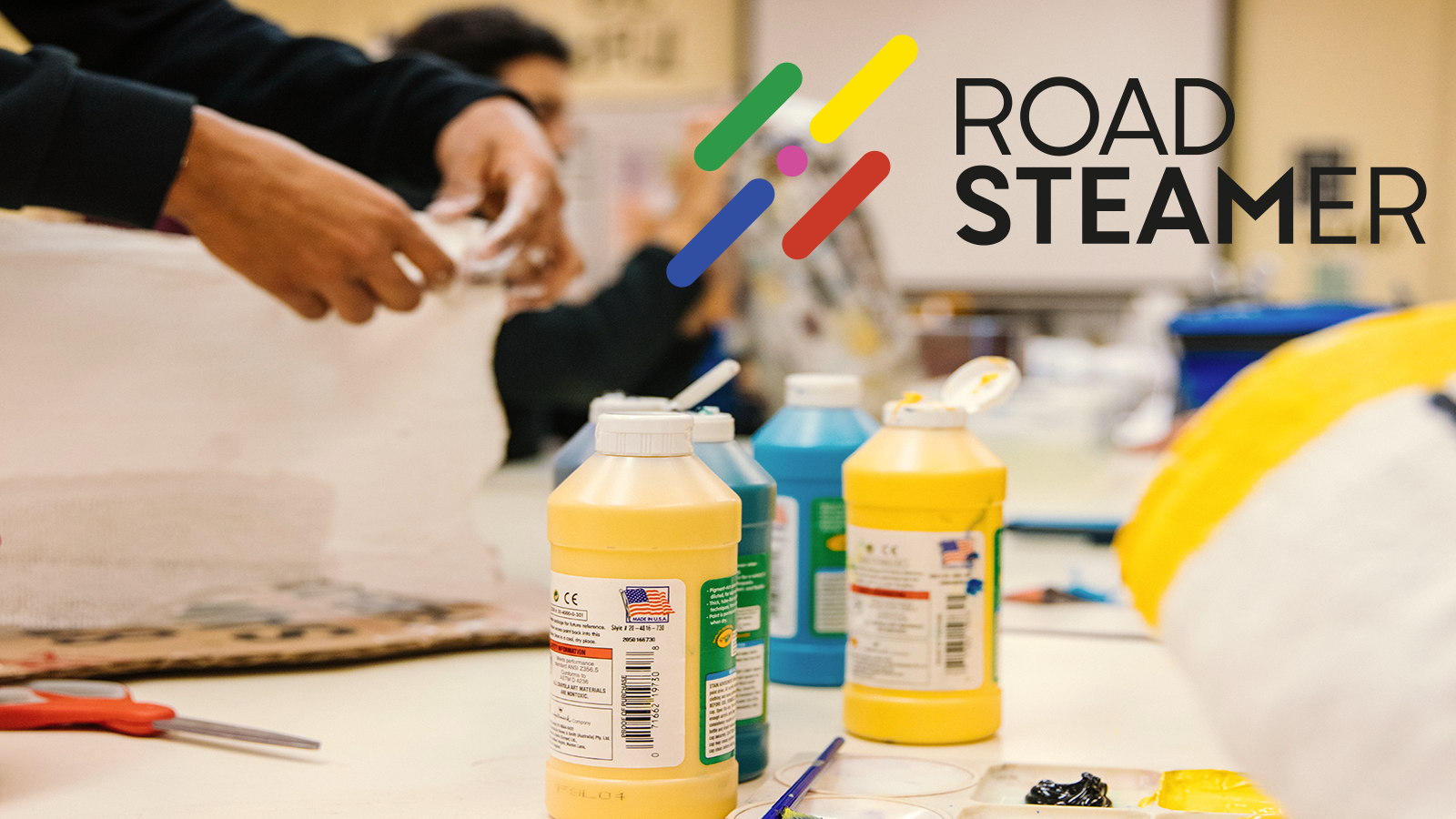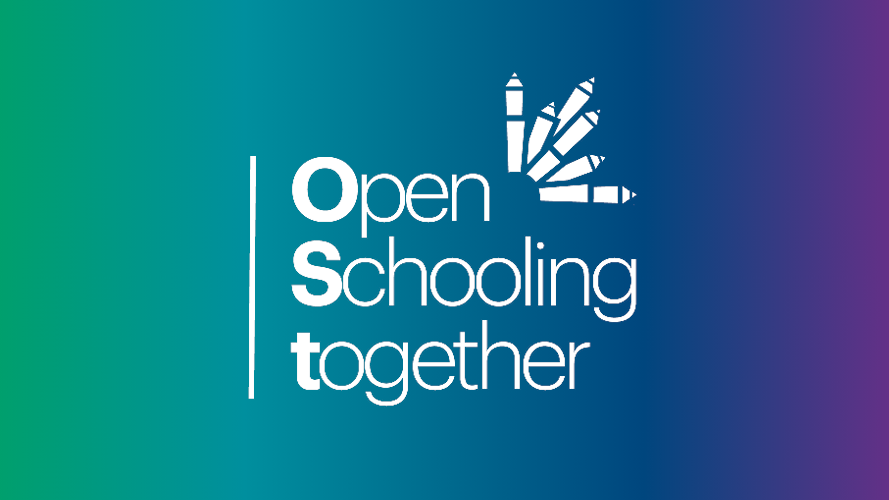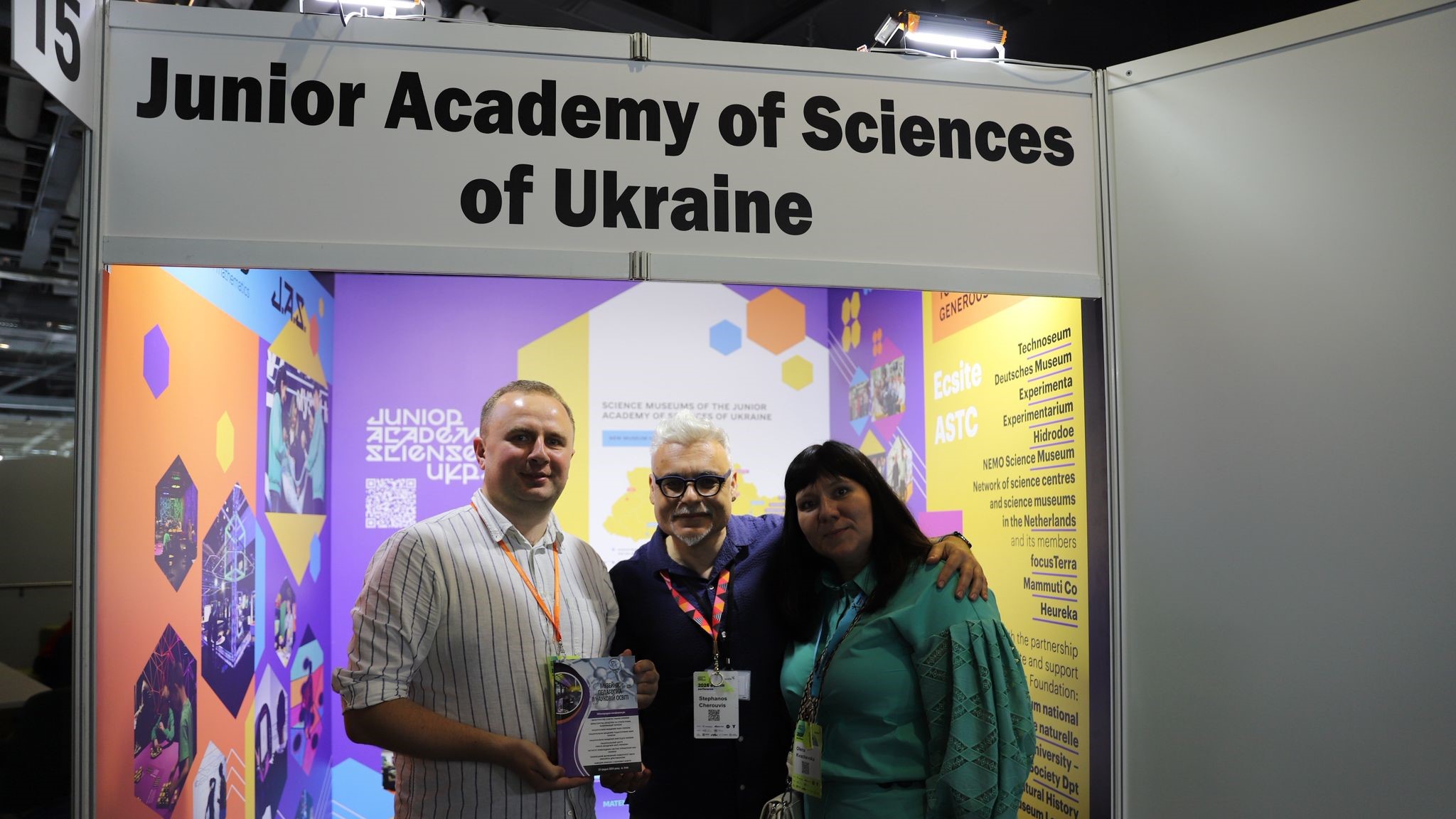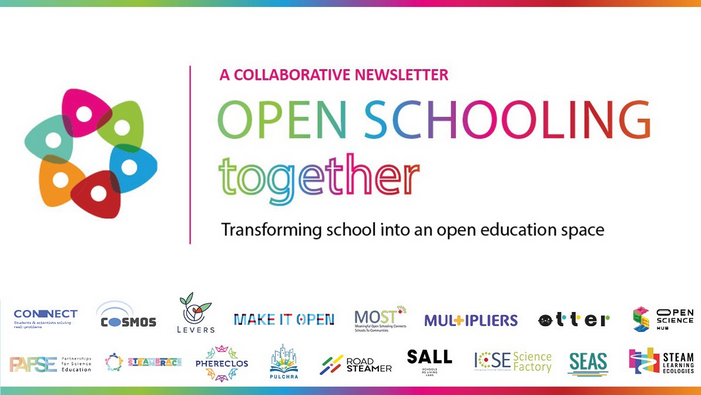Here you may find our Deliverable D1.1.: The Road-STEAMer participatory methodology, with vital advice on how to enhance the STEAM education.
The methodology serves as a catalyst for collaboration within the consortium and stakeholder communities. It guides dialogue, knowledge exchange, and co-creation across critical project strands. Deliverable D1.1 describes the Road-STEAMer’s multifaceted objectives such as dissecting STEAM concepts and policy gaps, navigating the landscape of practices, and synthesizing a roadmap for Science Education.
Beyond its intrinsic project value, the methodology harmonizes with communication efforts, connecting the Road-STEAMer community with diverse external stakeholders. Anchored in active engagement and shared understanding, this deliverable is a decisive stride towards a comprehensive, inclusive, and collaborative approach to STEAM education.
Have a look at the The Road-STEAMer participatory methodology.



